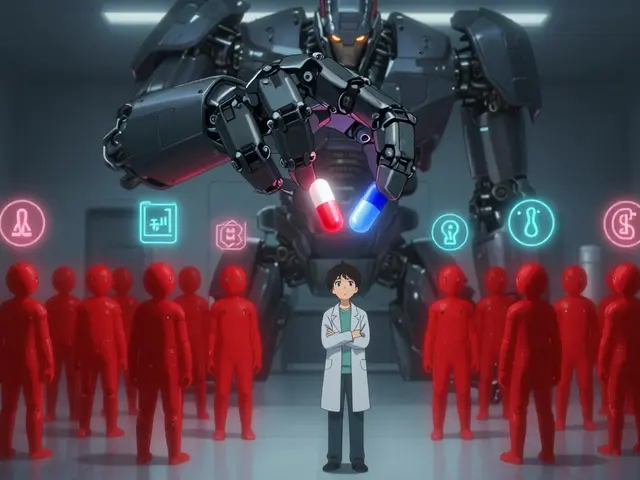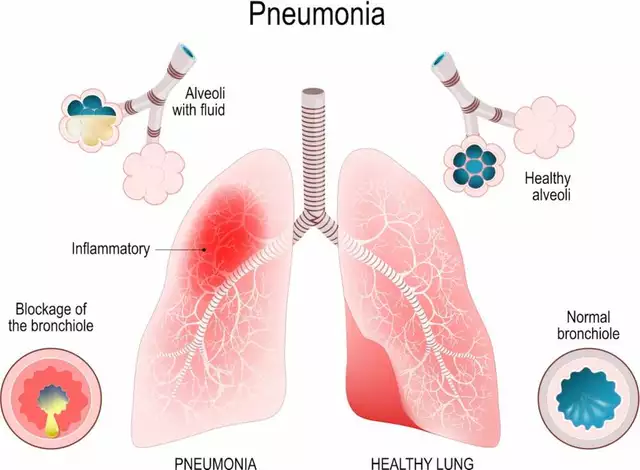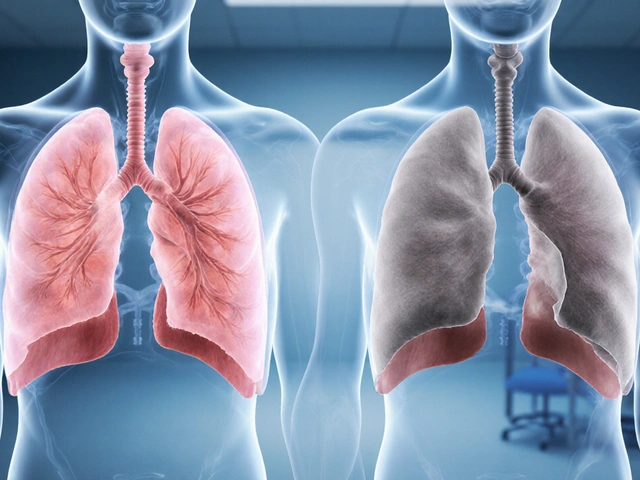Kids Allergy Remedies: What Works Fast and Safe
Does your child sneeze, get itchy eyes, or have a runny nose every spring? Allergies are common in kids, but you don’t need to guess at fixes. This page gives clear, practical options parents can try at home, which over-the-counter medicines help, and when to call a pediatrician. Read the short, useful tips below and pick the ones that fit your child.
Quick at-home remedies that help now
Start with simple cleaning and routines. Wash your child’s face and hands after they come inside to remove pollen. Change clothes and rinse allergens from hair. Run a HEPA or true HEPA-filter air purifier in the bedroom to cut airborne particles while they sleep.
Bathe pets regularly and keep them out of the child’s room. Wash bedding weekly in hot water to remove dust mites. Close windows on high-pollen days and check local pollen forecasts so you can plan outdoor time when levels are lower.
Saline nasal sprays or rinses are safe for most kids and clear mucus and pollen without drugs. For itchy eyes, cool compresses relieve irritation. For mild symptoms, these measures often reduce discomfort enough to skip medicines.
Medicines and safety tips
For more persistent symptoms, non-drowsy antihistamines work well. Loratadine (Claritin) or cetirizine (Zyrtec) are common choices for many children over age 2—always follow the dosing on the package or your doctor’s advice. Diphenhydramine (Benadryl) helps fast but can make kids sleepy and is best for short-term use or allergic reactions under guidance.
Intranasal steroid sprays (fluticasone or budesonide) reduce nasal congestion and inflammation and can be safe for older children when used daily as directed. They take a few days to reach full effect, so use them regularly during allergy season rather than only when symptoms start.
Avoid giving adult formulations or mixing meds unless a doctor approves. Keep an eye on side effects like excessive sleepiness, mood changes, or stomach upset, and stop the drug and call your pediatrician if serious symptoms appear.
If your child has severe reactions—hives, swelling of the face or throat, trouble breathing—use an epinephrine auto-injector immediately if available and call emergency services. For kids with known severe allergies, talk to their doctor about carrying an auto-injector and an action plan.
Allergy shots (immunotherapy) or sublingual tablets can reduce long-term sensitivity. These options require evaluation by an allergy specialist and can be especially helpful when environmental controls and medicines don’t give enough relief.
Every child is different. Start with home steps, try age-appropriate OTC meds when needed, and get a doctor’s help for persistent or severe symptoms. That approach keeps kids comfortable and avoids unnecessary risks.




